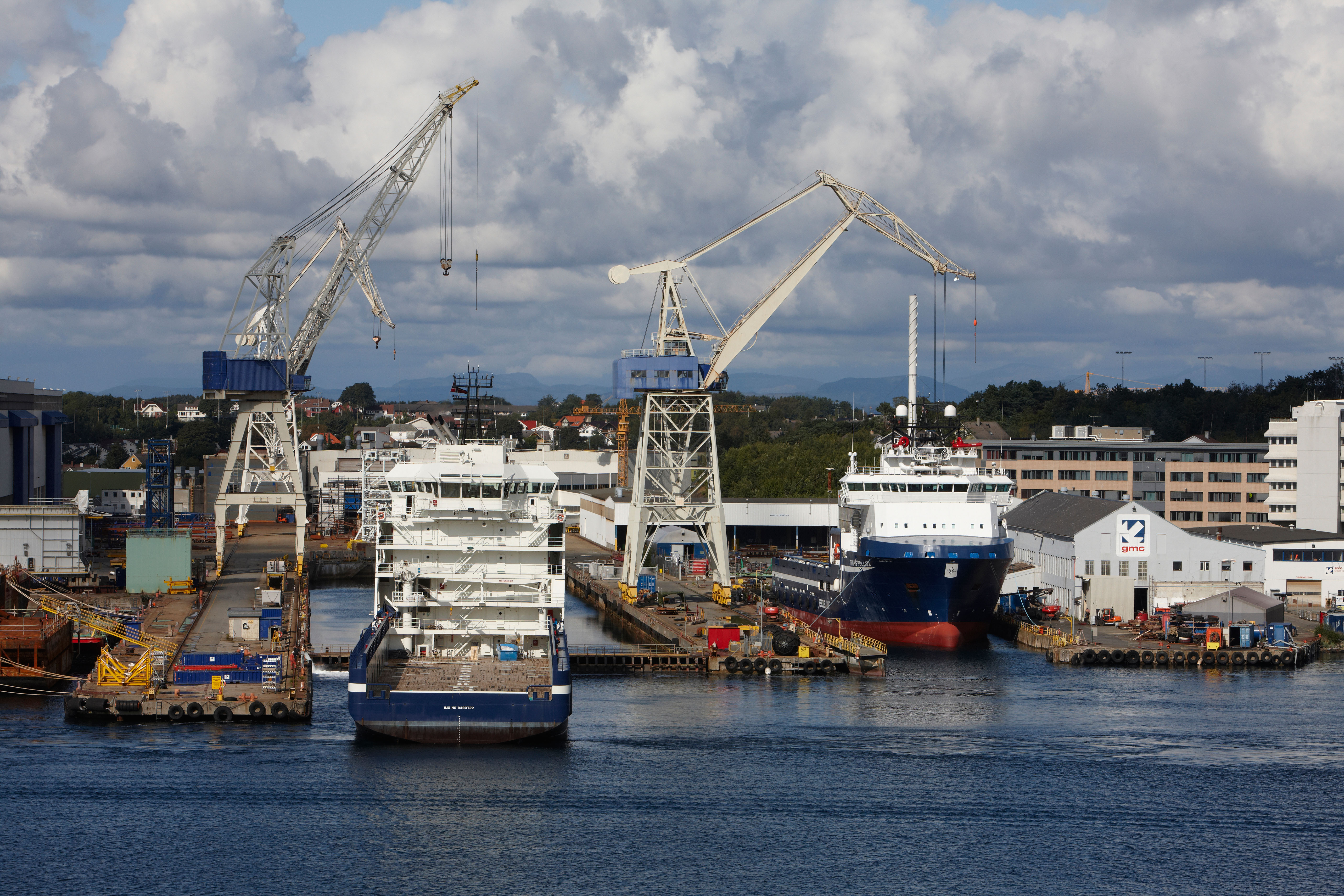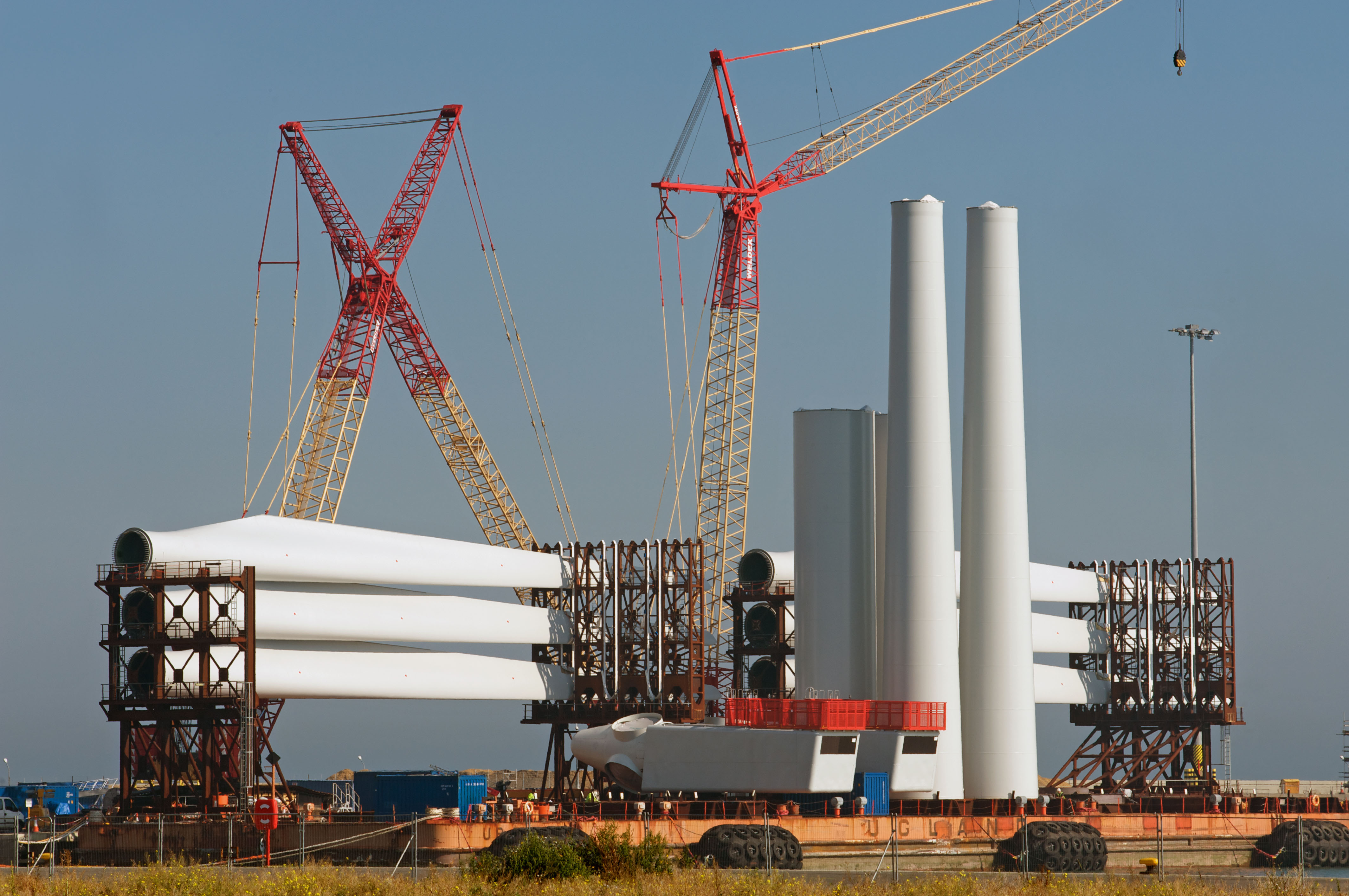Hugo Madeline
,
Senior Offshore Energy Analyst
Author
, Published on
October 22, 2025
No items found.

Spinergie's senior offshore energy analyst outlines what the market can expect following the Net-Zero Framework delay.
.webp)
“The IMO Net-Zero Framework is not perfect. However, it provides a balanced basis for our further work on a number of elements ahead of its entry into force in 2027.”
MEPC ES.2 Opening Remark - Mr. Arsenio Dominguez on 14 October 2025.
The Marine Environment Protection Committee (MEPC)—a body within the International Maritime Organization (IMO) responsible for addressing environmental issues including regulating and preventing ship-source pollution under the MARPOL treaty—convened an extraordinary session from October 14-17. The session was held to debate draft amendments to MARPOL Annex VI, including the IMO Net-Zero Framework, which was previously approved in principle at MEPC 83 earlier this year.
After several days of intense negotiations without a consensus, the Committee decided late on Friday to adjourn the final adoption of the framework for one year. A total of 57 countries were in favor of the delay; 49 countries were against it, and there were 21 abstentions.
At MEPC 83 in April, Member States endorsed the IMO Net-Zero Framework. This was a landmark step toward achieving the Organization’s goal of net-zero GHG emissions from international shipping by 2050. Sixty-three countries voted yes, versus sixteen that were in opposition. The Framework introduces, for the first time, mandatory global greenhouse-gas (GHG) limits alongside an emission-pricing mechanism. This decision marked a fundamental shift in how the sector will manage its carbon footprint.
While the initiative received broad support as a necessary step for global alignment, several critical design elements remain unresolved, including:
Despite criticism of under-ambitious targets, compared to the Organization’s long-term net-zero objective by 2050, the IMO NZF is a vital first step towards monetizing maritime emissions. The gap reflects a familiar challenge of multilateralism — consensus often yields the lowest common denominator.
The second extraordinary session addressed several key agenda items, including:
The NZF dominated the session. It is the first attempt to introduce a global emissions-pricing model for shipping — a measure intended to send a clear market signal and unlock investment in low-emission fuels, new builds, and retrofits. Without such clarity, the industry’s decarbonization financing remains uncertain.
Following the decision to adjourn adoption by one year, the framework is targeted to come into force in 2028, consistent with the first reporting period. The vote does not alter the formal timeline, but it underscores the difficulty of turning consensus into implementation. As the meeting reminded delegates, global rulemaking is never straightforward: agreement does not mean readiness.
Still, the Intersessional Working Group on the Reduction of Greenhouse Gas Emissions from Ships (ISWG-GHG), scheduled from Oct. 20-24, will proceed to continue working on the implementation guidelines for the Net Zero Framework.
Three broad camps emerged during the debate:
This alignment highlights both the strength and fragility of multilateralism: while nearly all maritime nations share the same table, diverging interests often paralyze progress. It also exposes diverging interests that can paralyze progress. The challenge ahead is to avoid further polarization within the IMO, where the ambition to reinforce global governance could instead deepen divides.
As global negotiations stall, regional initiatives may gain further momentum. The European Union’s ETS and FuelEU Maritime frameworks have already set the pace for carbon pricing and fuel standards. Continued delays could prompt other regions to explore independent carbon mechanisms.
If the IMO fails to deliver a credible mechanism, the risk of regulatory fragmentation — with overlapping and inconsistent carbon regimes — will increase, undermining the global level playing field the NZF was meant to secure.
The Way forward
The delay represents a setback for those seeking investment certainty and a unified decarbonization pathway. Yet, it can be viewed from two angles:

OSV specifications are shaped by shifting global cycles and regional operating needs, with AHTS defined by power and PSVs by deck area. In this article, offshore energy analyst Eloïse Ducreux explores how these dynamics have influenced fleet design and demand across offshore markets.

UK offshore wind AR7 awarded 8.4 GW across six projects, boosting long-term CfD certainty and driving demand across the UK offshore wind supply chain.
.jpg)
Larger offshore wind projects bring both unique installation challenges and the innovative technologies used to solve them. As monopiles grow in size, the use of pile grippers increases. Spinergie’s lead analyst Yvan Gelbart, and senior offshore wind analyst Maëlig Gaborieau, explore the pile gripper market in this blog post.